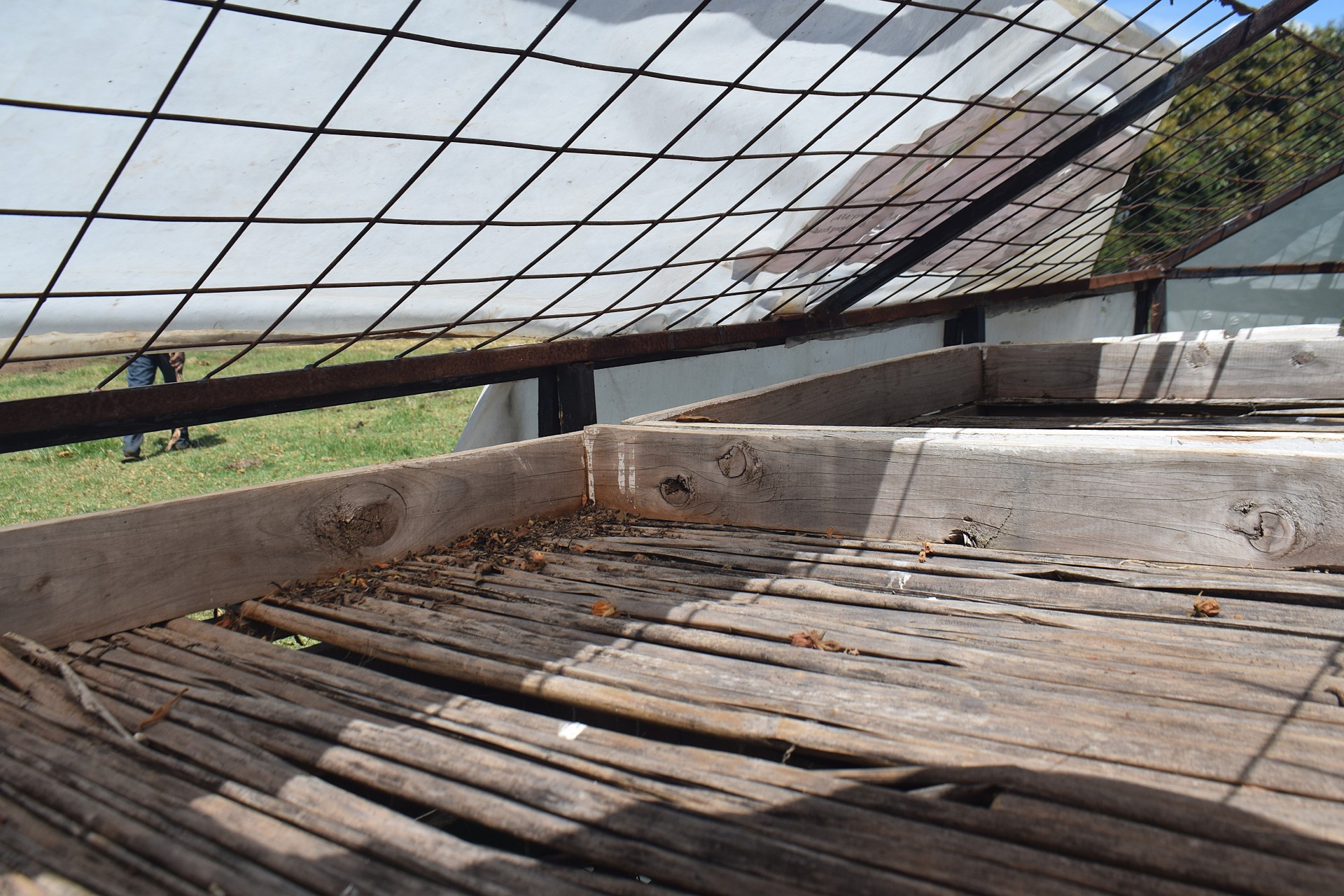- The FARM Programme, funded by the Global Environment Facility, is expected to catalyze a framework for regulatory and financial investment to detoxify the agriculture sector by reducing the use of harmful agrochemicals and plastics.
Kenya's agriculture sector, which employs 60% of the country's workforce and contributes 22.4% to its GDP, is a major contributor to global greenhouse gas emissions and biodiversity loss, according to Festus Ng'eno, the Principal Secretary for the State Department of Environment, Climate Change and Forestry.
Speaking at the official opening of a hybrid inception workshop for the Financing Agrochemical Reduction and Management (FARM) Programme on Tuesday, July 30, 2024, Ng'eno stated that agriculture generates a third of global greenhouse gas emissions and responsible for over 60% of biodiversity loss worldwide.
According to him, the contributing factor is that current production systems favour agrochemicals and plastics rather than less harmful alternatives. “Agriculture is a major user of pesticides, including persistent organic pollutants (POPs) and highly hazardous pesticides (HHPs), as well as agricultural plastics, posing serious risks to human and environmental health," Ng’eno explained.
The FARM Programme, funded by the Global Environment Facility, is expected to catalyze a framework for regulatory and financial investment to detoxify the agriculture sector by reducing the use of harmful agrochemicals and plastics. The five-year project will promote low and non-chemical alternatives to improve human and environmental health.
This project is crucial for Kenya as it will build on other national and international commitments that Kenya has made on the management of chemicals and waste, including the Basel, Rotterdam, Stockholm, and Minamata Conventions and the UNEP Strategic Approach to International Chemical Management (SAICM).
Read More



-1769677767.jpg)

